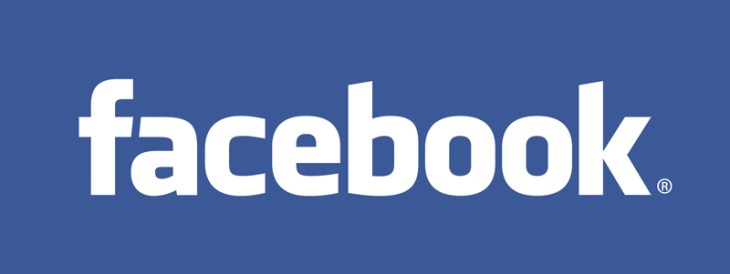A U.S. District judge has granted final approval to a settlement in which Facebook will pay $20 million for including users’ names and profile photos in its “Sponsored Stories” advertising program without their approval.
The class action lawsuit was first filed by five Facebook users in April 2011, three months after Facebook introduced the targeting advertising program. U.S. District Judge Richard Seeborg in San Francisco initially rejected Facebook’s proposed settlement, however, stating that offering cash payments to class members was impractical because it included up to 100 million Facebook users and citing concerns about the deal’s proposed $10 million payout to the plaintiffs’ attorneys.
The revised deal includes a $20 million settlement fund from which the approximately 614,000 users who responded to Facebook’s class action notice can make a claim to receive a cash payment. The settlement also eliminates the “clear sailing” provision, which means that Facebook is now allowed to oppose petitions for fees and expenses from plaintiffs’ attorneys. Any remaining funds will be awarded as cy pres (residual funds from class action lawsuits that are distributed among charities) to organizations proposed by either side and approved by the court. A previous ruling by Seeborg ordered Facebook to let users opt out of having their information used as endorsements in Sponsored Stories.
The lawsuit is significant because it underscores the challenges Facebook will continue to encounter as it balances monetizing its mobile business with users’ privacy concerns. Despite the controversy that the program generated, Sponsored Stories’ model quickly proved successful–in Facebook’s first earnings call last July, the company revealed that the program was selling $1 million ads each day.
Sponsored Stories worked because it replicated the feel of word-of-mouth recommendations by including user names and info, even though that feature was what prompted the class action lawsuit. As the company continues to develop its mobile monetization strategy, it has been developing ways to use its wealth of targeting data without upsetting users by creating advertisements that feel instrusive.
Facebook’s app install ad program has proven successful and helped fuel the growth of its mobile income as a percentage of ad revenue to 41% in its 2Q2013 earnings, up 11% from the preceding quarter. After a botched IPO and rocky first year, investors are now showing more confidence in Facebook’s potential: the company’s shares have recovered $58 million in market capitalization since last fall and hit an all-time high today.
As Alex Wilhelm noted, however, shares are currently at a very high valuation, which means that a market correction might happen as investors take profit and keep a keen eye on any signs of slowing revenue growth in Facebook’s next quarterly earnings report.
